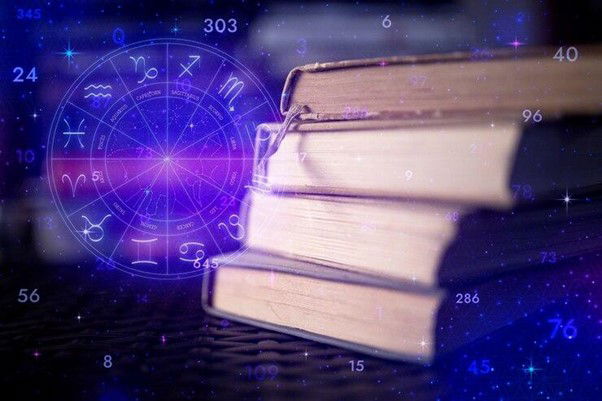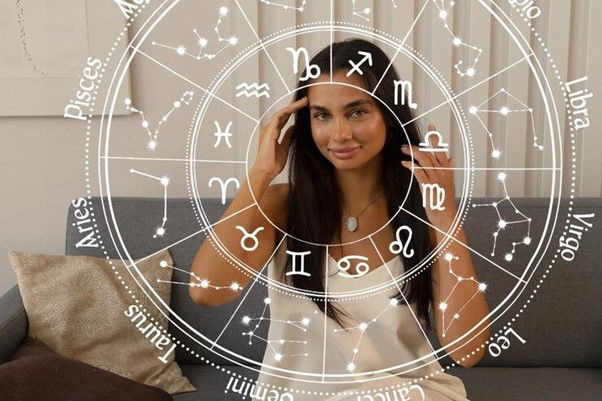The Zodiac in Mythology: Books That Explore Celestial Archetypes
For millennia, humans have gazed at the night sky and seen more than just stars—they’ve seen meaning. Constellations transformed into deities, beasts, and fateful symbols. The zodiac, a 12-part division of the celestial belt, has woven itself into the mythologies of cultures spanning continents. But what lies beneath the archetypes of Aries, Cancer, or Scorpio? How do myth, psychology, and literature converge in the exploration of these celestial signs?
Interestingly, a 2022 Pew Research study found that 27% of American adults believe in astrology, with a notably higher percentage among younger generations. This surge in astrological interest parallels the reemergence of mythological reinterpretations in modern literature. Books that delve into the mythic foundation of zodiac signs are seeing a resurgence—some scholarly, others poetic, all intriguing.
Let’s take a look at the works that go beyond horoscopes, exploring the deeper mythological essence of the zodiac.

Ancient Echoes: Mythology as the Blueprint
Before the zodiac became a tool for daily horoscopes, it was a mythic map. Each sign embodies a story, a lesson, a warning. Take Sagittarius, for example: not just a centaur with a bow, but often associated with Chiron—the wise, wounded healer of Greek myth. Or Leo, the celestial echo of the Nemean lion slain by Hercules. These myths aren’t filler; they are foundational.
Books like “The Mythology of the Zodiac” by David Ovason explore these connections with detail. Ovason traces the signs through Egyptian, Greek, and Roman interpretations, illustrating how Aries might once have been Amon-Ra’s sacred ram, or how Pisces echoes the Syrian fish goddess Atargatis. Notably, he avoids generic zodiac explanations and dives into the socio-religious structures that shaped these signs.
Then there’s Liz Greene’s “Astrology and the Fate of Myth”, a more psychological approach. A Jungian astrologer, Greene intertwines archetypal theory with zodiacal symbolism, making the case that signs are not just stars—they are mirrors.
If you want variety in your library, try reading novels online. In fact, reading free novels online is an underrated opportunity. In addition to the fact that it is free, each reader gets a huge selection of iOS FictionMe Online Novels. What could be better than having access to free novels online directly from your smartphone?
Reimagining the Zodiac in Fiction
Literature doesn’t merely analyze myth—it reanimates it. In recent years, a surge of speculative fiction and mythopoeic novels have taken zodiac archetypes and reimagined them in vivid, often surreal contexts.
“Zodiac” by Neal Stephenson, though primarily a techno-thriller, invokes environmental themes through the lens of zodiac symbolism. Meanwhile, Romina Russell’s “Zodiac” series creates an entire galactic civilization structured around the zodiac signs—blending sci-fi and astrology in unpredictable ways.
Less direct, but equally resonant, is Madeleine L’Engle’s use of astrological patterns in “A Wrinkle in Time”, where the characters’ journey aligns subtly with astrological transits—chaos, confrontation, transformation.
These books don’t follow the traditional path. They ask: what if Cancer is not just emotional, but a moon-born sorcerer? What if Aquarius is an alien oracle bearing the water of time?
Archetypes, Astrology, and Psychology
Carl Jung once wrote, “Astrology represents the summation of all the psychological knowledge of antiquity.” That’s a bold claim, but not without merit. Zodiac signs reflect archetypes—recurring figures in dreams, myths, and stories. The warrior, the nurturer, the trickster.
Books like “The Astrological Archetypes” by Dane Rudhyar delve deep into this terrain. Rudhyar doesn’t deal in predictions; he navigates meaning. He suggests each zodiac sign is a phase of human experience—collectively, they form a mythic journey from birth (Aries) to transcendence (Pisces).
Statistically, interest in archetypal astrology has increased 35% since 2018 according to the Astrological Association of Great Britain. This shift marks a growing desire not for forecasting—but for understanding. And in general, more and more people are reading both novels and technical literature. If you just want to relax with novels online, you should install the FictionMe app. It is available on Android and iPhone.

https://www.freepik.com/search?ai=excluded&format=search&last_filter=que
Cultural Variants: Beyond the Western Zodiac
The Western zodiac isn’t the only system steeped in mythology. In China, each year of the lunar calendar corresponds with an animal and its attendant story. The legend of the Jade Emperor’s race—a tale that led to the order of the Chinese zodiac—is as influential in East Asia as Greco-Roman myths are in the West.
Books like “The Handbook of Chinese Horoscopes” by Theodora Lau serve as cultural bridges. Lau not only recounts the fables behind each animal but also compares them subtly with Western signs, offering readers a dual-lens approach. Similarly, “Zodiac of the Gods” by Jean Houston incorporates Sumerian and Indian mythologies, showing that zodiacal archetypes are not singular—they’re global.
Reading the Sky: Modern Implications
So, what draws readers to zodiacal mythology now?
Perhaps it’s a search for structure in a chaotic world. Or maybe, it’s a hunger for stories that validate our internal complexities. A Scorpio might find comfort in Persephone’s descent. A Virgo may see themselves in Astraea, goddess of justice.
In an age of data and doubt, astrology occupies a peculiar space—part myth, part mirror. When writers use the zodiac as a mythic metaphor rather than a predictive tool, something interesting happens: the signs become stories, and the stories become self.
Conclusion: Signs as Symbols, Not Stereotypes
To reduce the zodiac to daily forecasts is to ignore its mythic power. Behind every sign is a tale older than language, older than borders. The books that explore this terrain—whether academic, fictional, or esoteric—offer more than entertainment. They offer reflection.
In the end, the zodiac isn’t just about stars or traits. It’s about stories. And the books that explore these celestial archetypes aren’t telling us who we are—they’re inviting us to remember who we’ve always been.
© 2025 by Truthstar Future Vision Pvt Ltd All Right Reserved








